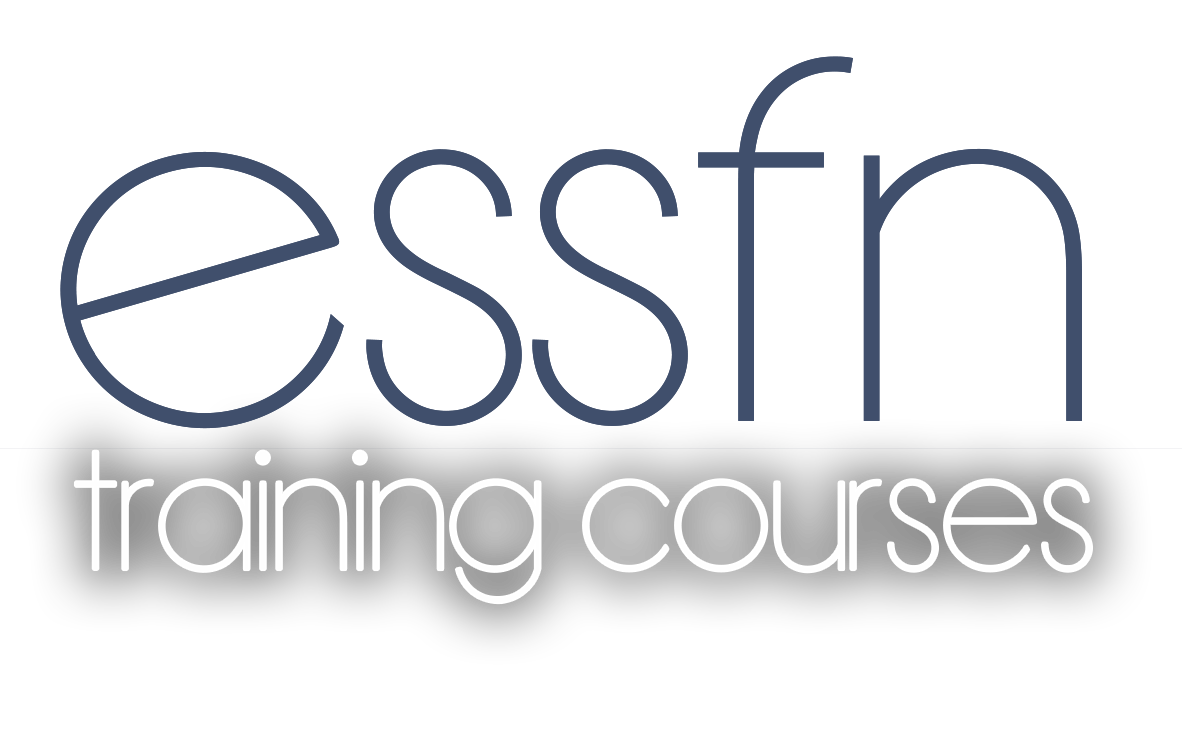The courses are open to everyone.
Each participant will at the end of each course, receive a certificate of attendance.
Those who are intending to obtain the European diploma of functional neurosurgery of ESSFN, at the end of the course cycle, have to pass the examination at the end of each module.
Thus, each participant needs to organise their stay, so as to be present at the time of the final exam.
If you are unable to take the exam or fail, then it will be necessary to take the course again for a new examination.
To pass the exam, the candidate has to obtain a minimum score of 50%.
After completing each module participants will receive a certificate. Furthermore, if all modules have been taken it is considered to create an additional ESSFN diploma.
Further options :
- Theoritical training only (evaluation at the end of each module and final examination).
- In addition to the theoretical training, candidates will be provided with the opportunity to spend 1 year in a neurosurgical department with qualified Stereotactic and Functional Neurosurgery as specified by a number of criteria for eligibility.
